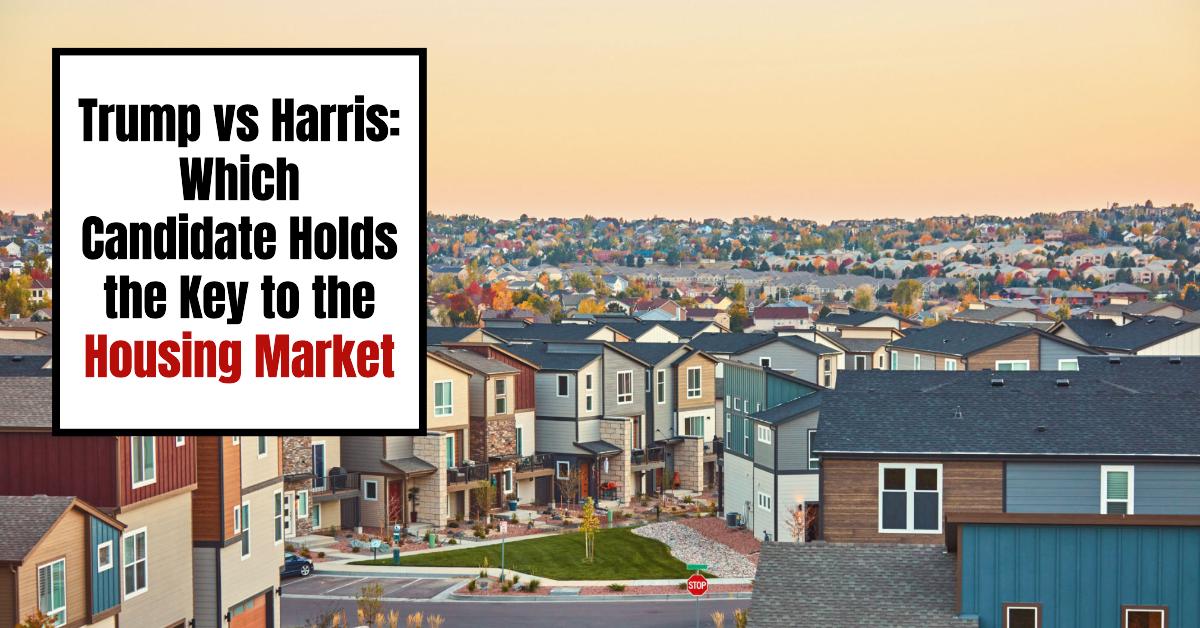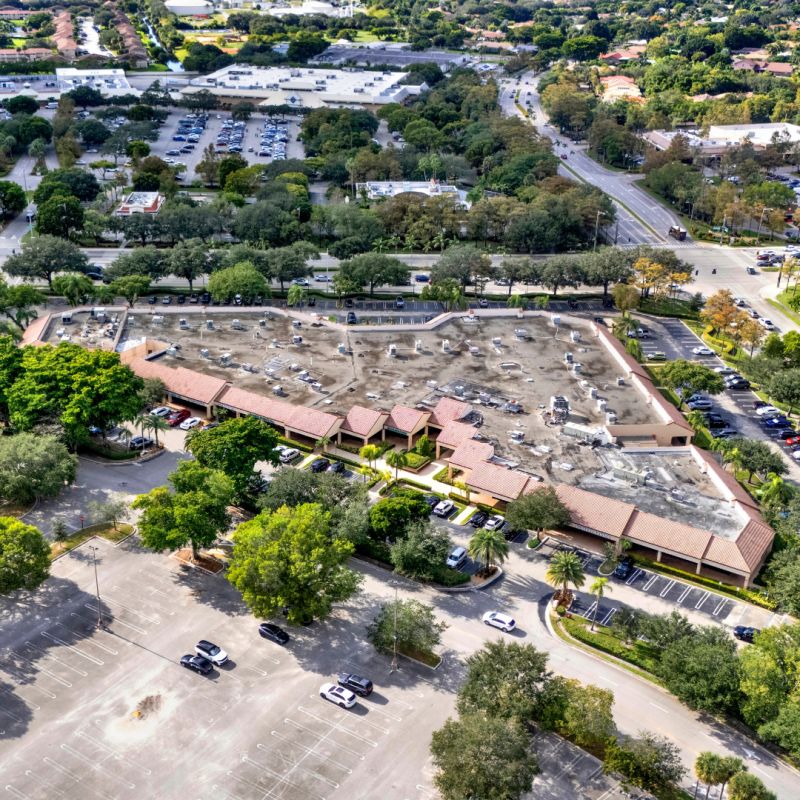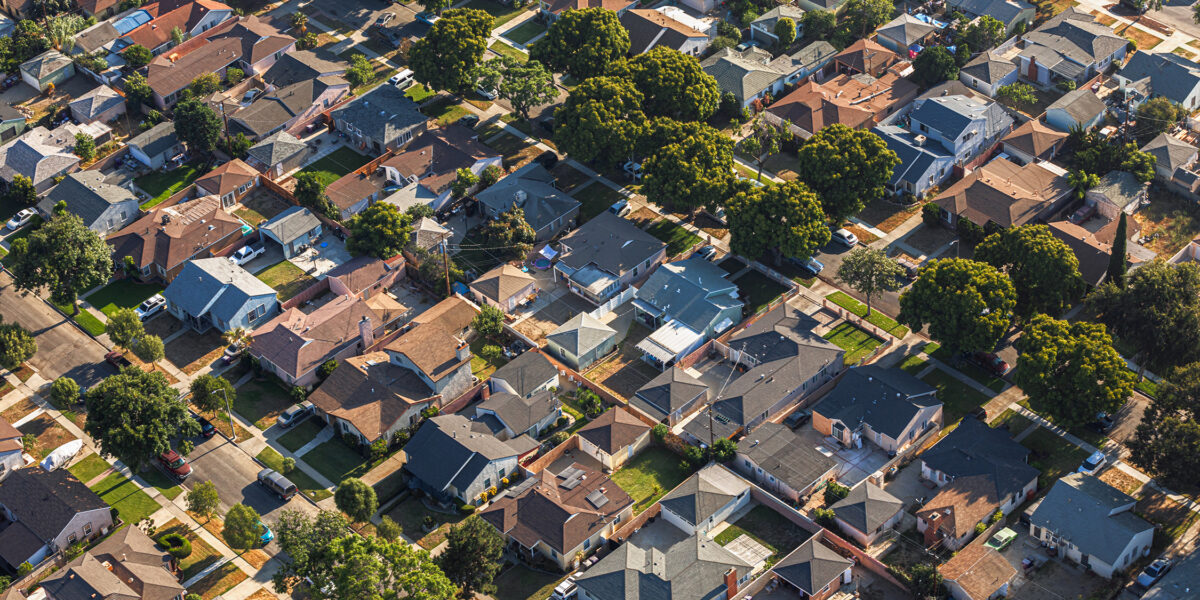A
s the presidential election approaches, Americans are eager to understand how Trump and Harris' policies will impact the housing market. The outcome of this election will not only determine who occupies the White House but also shape the real estate landscape for millions of homeowners and potential buyers.
The housing market is a key indicator of economic stability and growth, and both candidates present distinct approaches that could influence its future. Let's examine their policies and how they might affect the housing market.
Election years often bring uncertainty to markets, including the housing market. Historical data suggests that election years can have a neutral to positive impact on home values due to increased buyer activity as people rush to purchase homes before potential policy changes. According to Bankrate, home prices have averaged a 4.84% increase during election years since 1987.
Market patterns suggest that electorates are hesitant to make major purchasing decisions in the months leading up to an election but often renew their activity post-election. Keeping Current Matters reports that this uncertainty can lead to increased activity after the election.
Harris and Trump have different visions for the housing market:
Harris focuses on increasing affordable housing supply, expanding initiatives to lower urban rental prices, and shifting towards developing new housing units. Her approach aims to pivot from demand-focused efforts to developing new housing units, addressing long-standing shortages that plague many regions.
Trump's priorities include deregulation of housing development, privatization of government-sponsored enterprises, and traditional economic incentives like tax cuts. His policies would likely streamline regulations around market-rate housing development, allowing for quicker project approvals and reduced costs. This approach is intended to stimulate the housing market by promoting new construction ventures.
Key differences in tax policies also exist between the two candidates. Trump's position favors making the 2017 Tax Cuts permanent, which benefits wealthier individuals and corporations. Harris's perspective seeks a more balanced approach, focusing on reversing tax cuts for the wealthiest Americans to fund social programs that promote housing and economic stability.
The potential impact of each candidate's policies on the housing market can lead to varying predictions about future conditions:
If Harris wins, increased affordable housing options could reduce competition for lower-income renters, and home prices may stabilize. If Trump wins, his policies could lead to rapid price growth, particularly in areas with limited housing supply, and deregulation may encourage a surge in new constructions.
Ultimately, the implications of Trump vs Harris regarding the housing market are evident. Each candidate's approach will define the economic environment for years to come, impacting everything from home prices to rental affordability. Understanding these dynamics is crucial for potential homeowners and investors making informed decisions leading up to and following the election.














